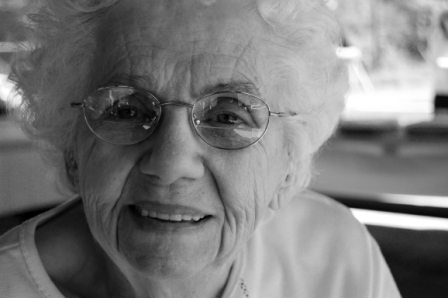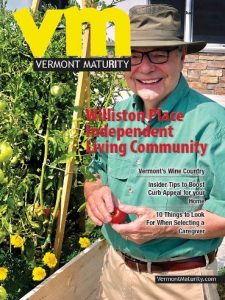
For women, aging brings some special concerns as society often bases value on the youth and appearance of women more than their substance and intelligence.
Local Vermont author Pamela Blair, PhD, tries to de-myth the aging process for women in her latest book “Getting Older Better: The Best Advice Ever on Money, Health, Creativity, Sex, Work, Retirement and More.”
The book is a quick read divided into short segments on every topic you can imagine regarding aging, especially for baby boomer women. The book is designed so you can easily check out topics that you can relate to and easily skip over segments that don’t currently apply to you.
For Blair, the journey started after having a traumatic brain injury that forced her to slow down and evaluate her life. “My world became smaller, but more beautiful. I had to pace my life differently. I took time to listen to the birds. I lived in the present.”
Blair writes about this experience in her book, including the need to ask for help. “I needed the help of friends and family, and for the first time in my life, I had to ask for help. Many of us have been taught that we shouldn’t admit to our pain and suffering, so we bear them in silence.”
Blair found, however, that the people in her life felt good about helping her and it brought them closer together.
Self Worth
For women, aging brings questions of self worth. “As long as you are pretty, we will notice you, and you will be valuable. The scariest part of aging for many women is that they have to rely more on who they are than on what they look like for respect or attention. They feel invisible,” Blair noted. “Age is attitude. If your attitude about aging is poor, it can affect your health and cause depression, which is not a normal part of aging.”
The book was written with women, especially aging baby boomers, in mind, and provides them with examples of role models — proud women who have lived long and full lives. However, it can easily be a guide for anyone facing their fears, curious about the future and who is feeling isolated or alone. Each story is unique, but everyone has experienced pain, confusion, embarrassment and joy. Hopefully, joy is the one you focus on and let the rest just be part of a long and varied story. “If you focus on and build on the strength you do have, your emotional life will be less affected, and aging will become more satisfying,” Blair said.
Sarah Lemnah writes on senior issues for CVAA.
 Related Articles & Free Subscription
Related Articles & Free Subscription
Aging in Place Through Universal Design





Comment here